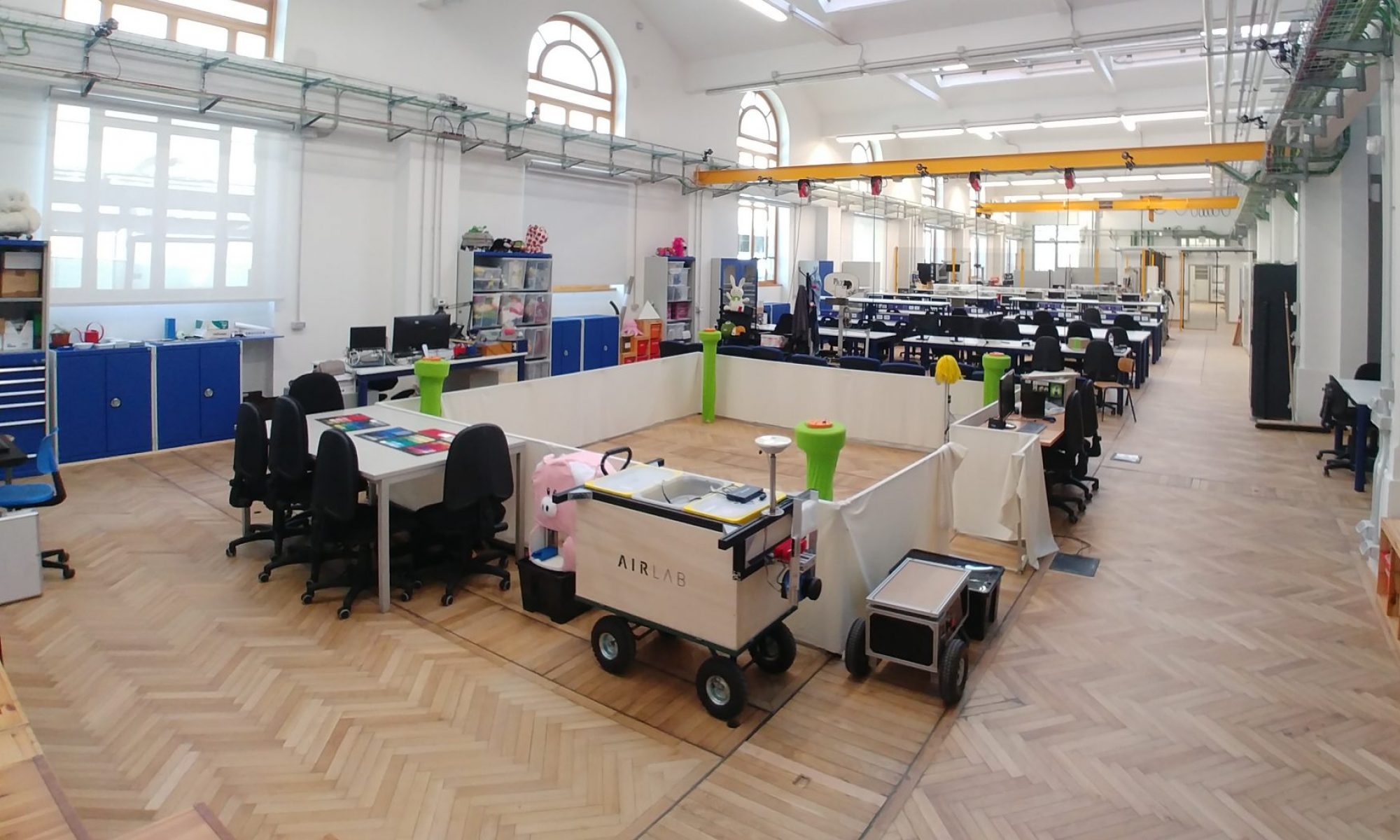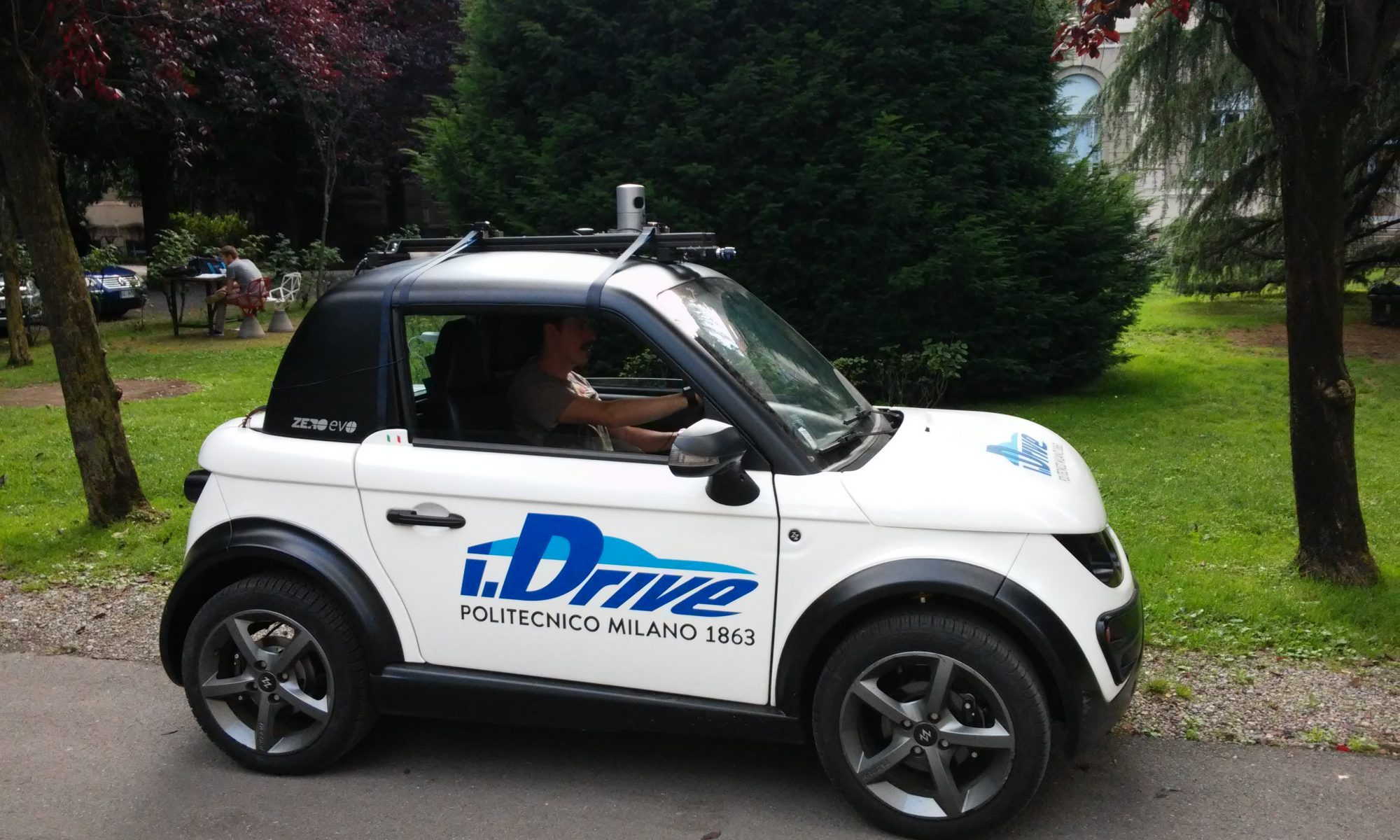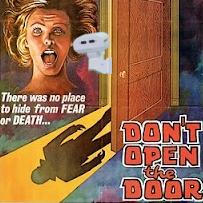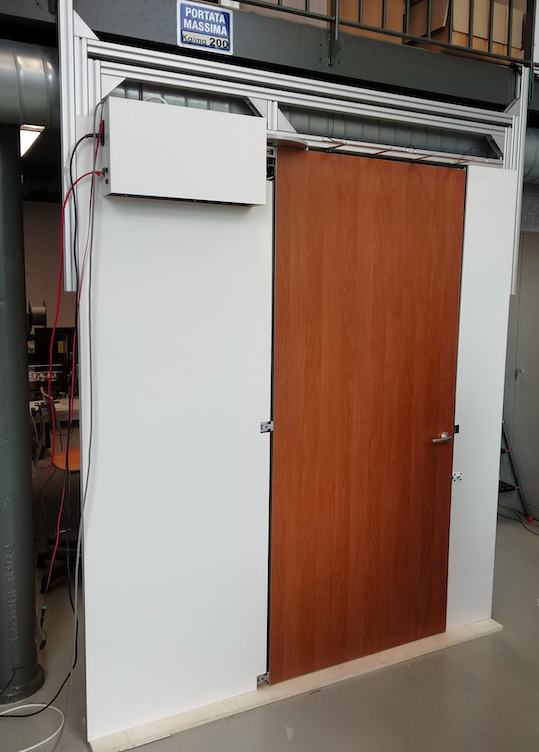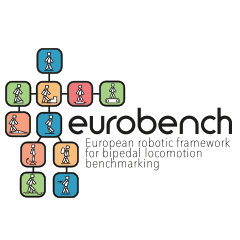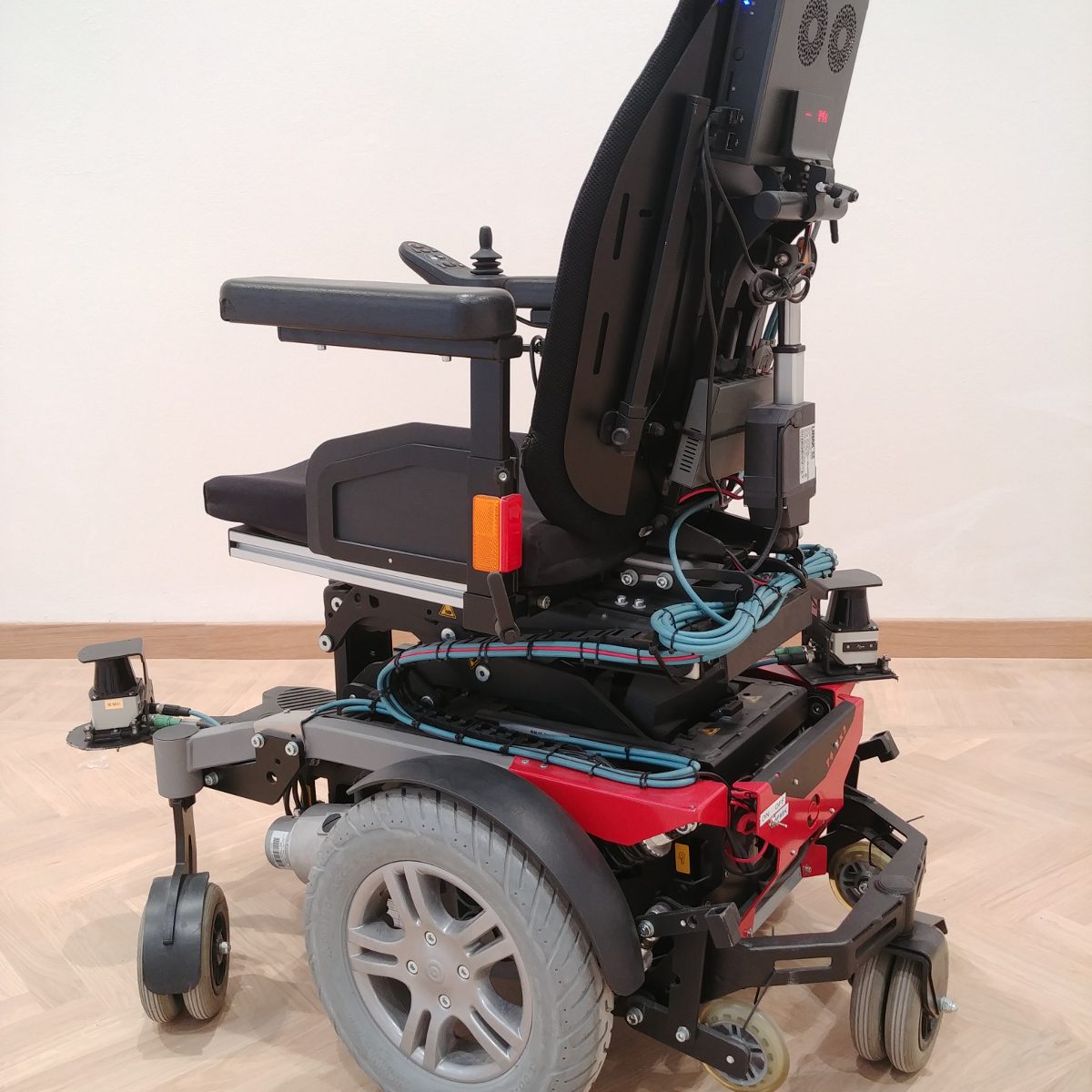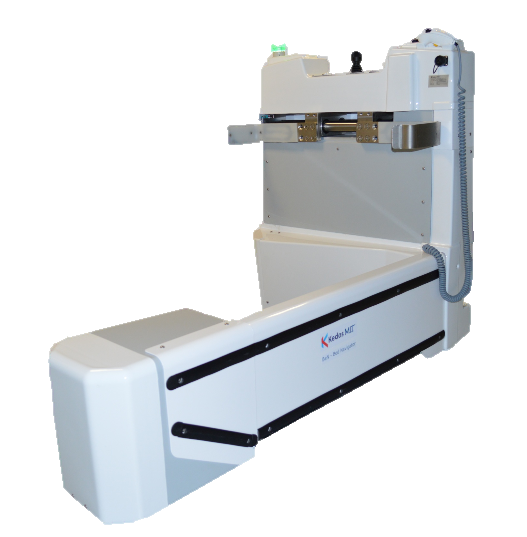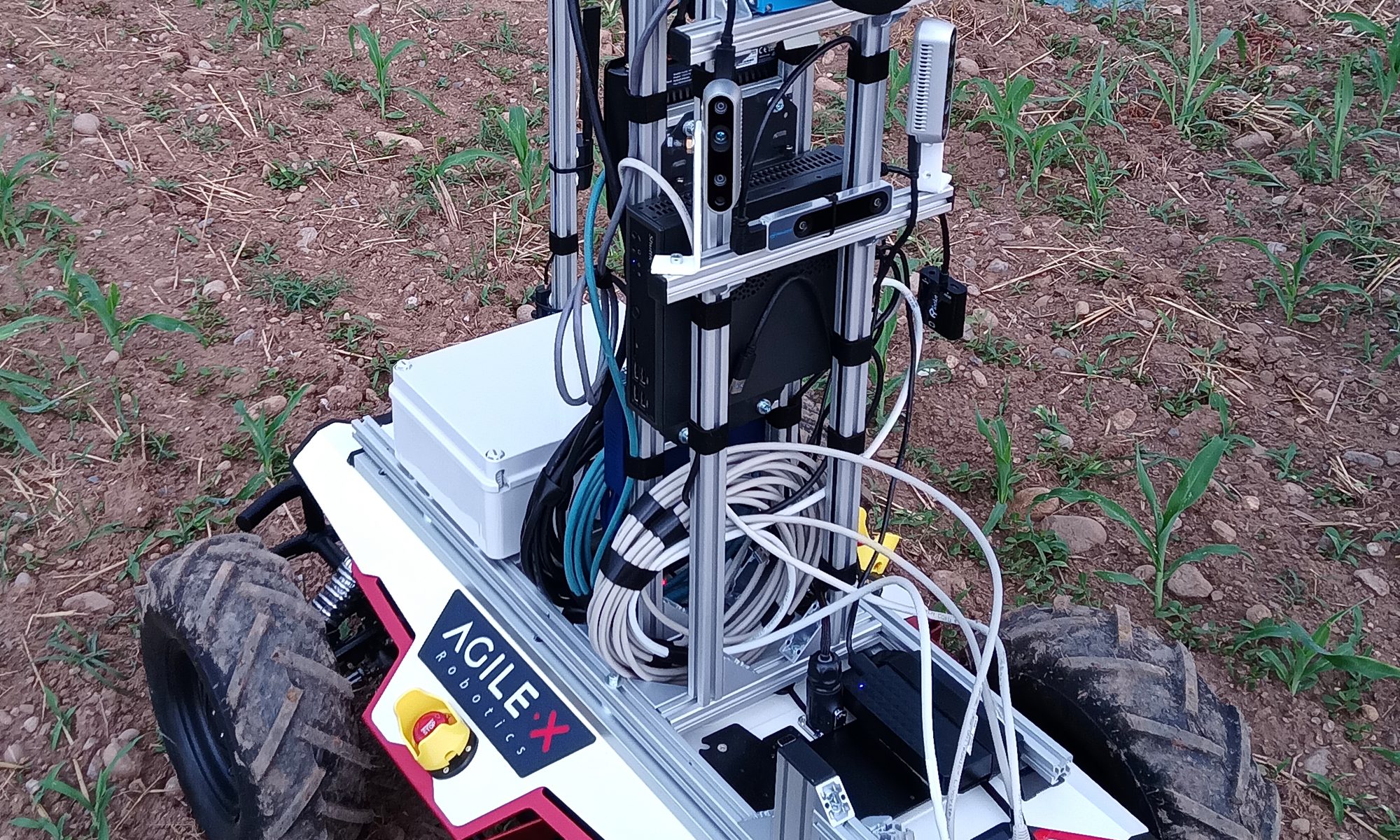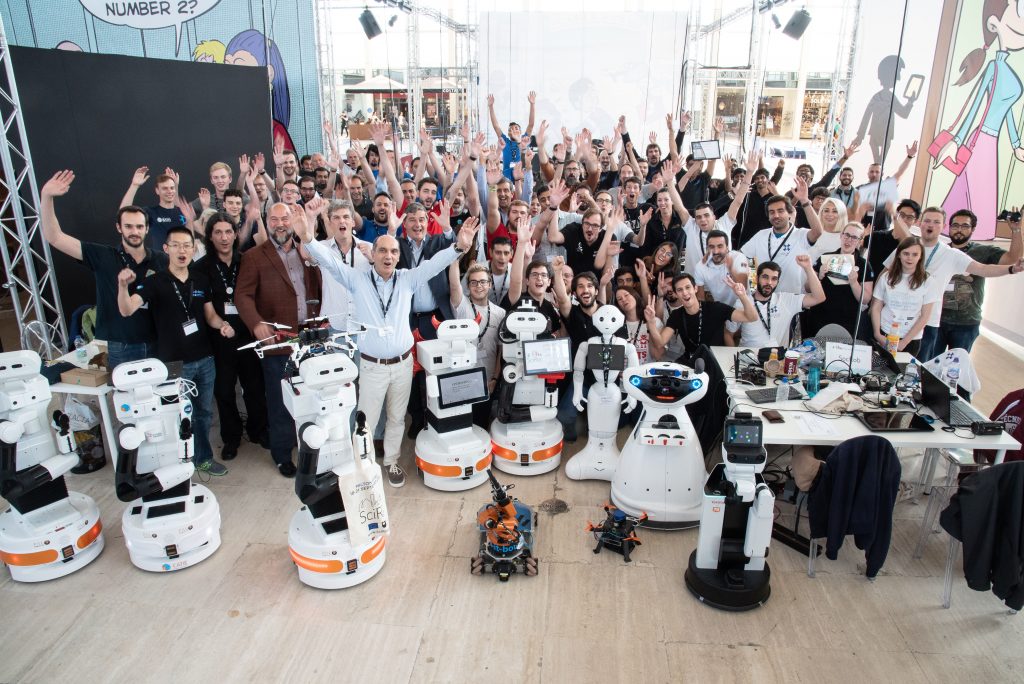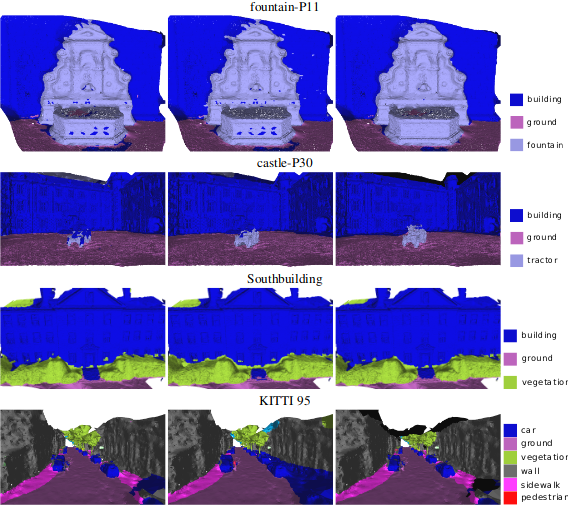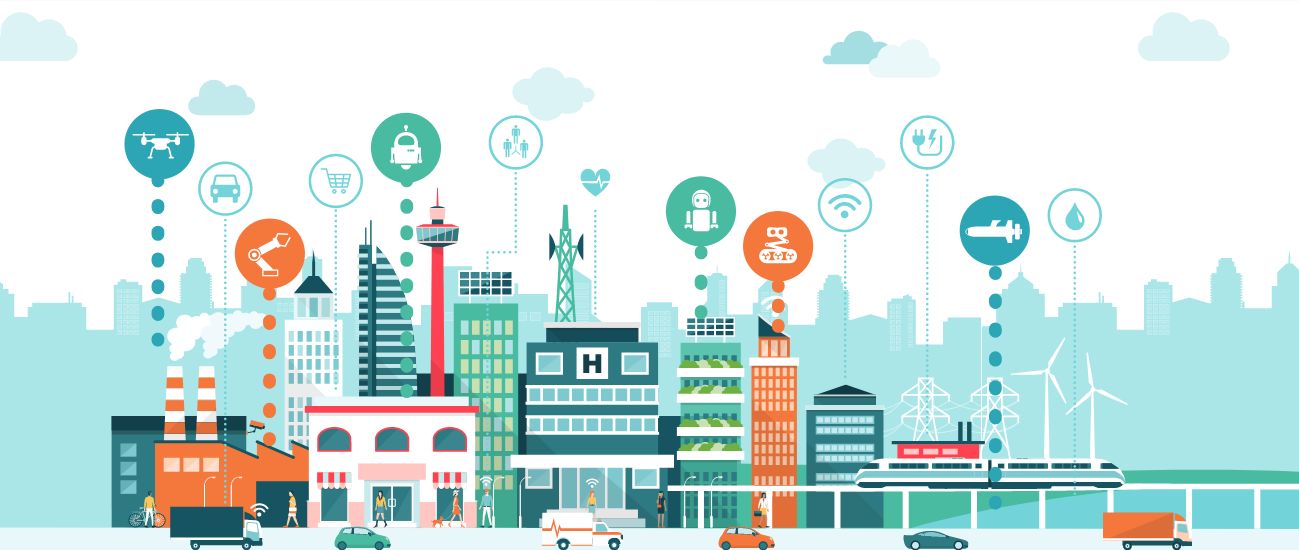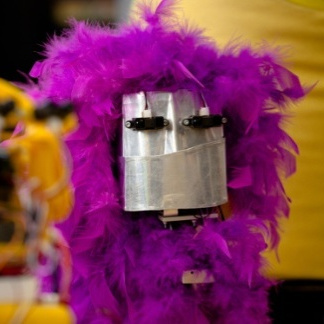i.Drive is an interdepartmental laboratory where AIRLab is the technology provider for robotics.
The laboratory aims at developing inter-disciplinary proficiency required for analysis and modelling of behavioral aspects due to the interaction between driver, vehicle, infrastructure, and environment through:
- A fixed structural component based on a virtual realty simulator aimed at the ex-ante test of expected behavioral models, the joined optimization of vehicle and road infrastructure, the increase of ex-post and in-itinere statistical significance ofexperiments carried out on roads;
- A mobile component based on an instrumented vehicle aimed at measuring on field performance and reactions of drivers in different driving conditions and at collecting environmental data to be reproduced ex-post by simulation.
Contact: Matteo Matteucci
For additional details: http://www.idrive.polimi.it/
